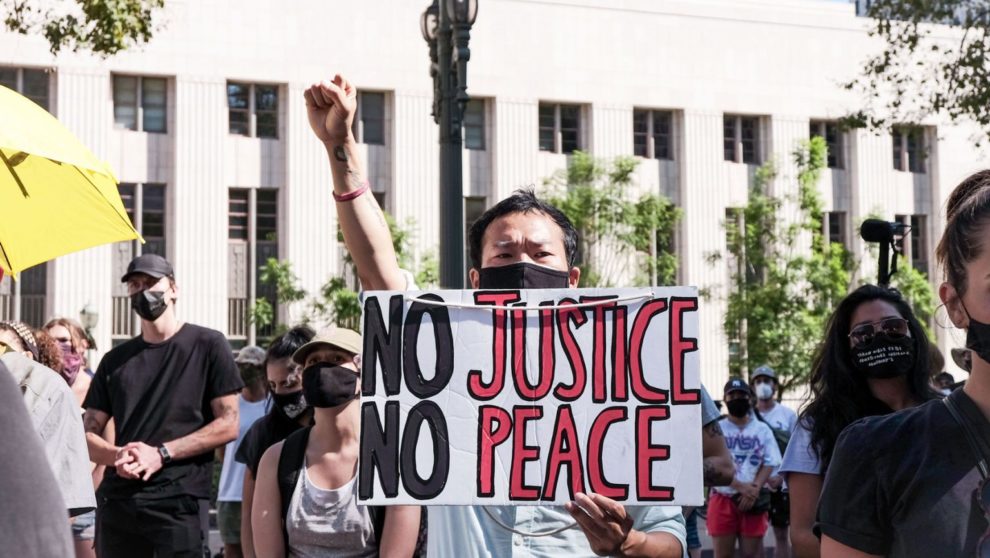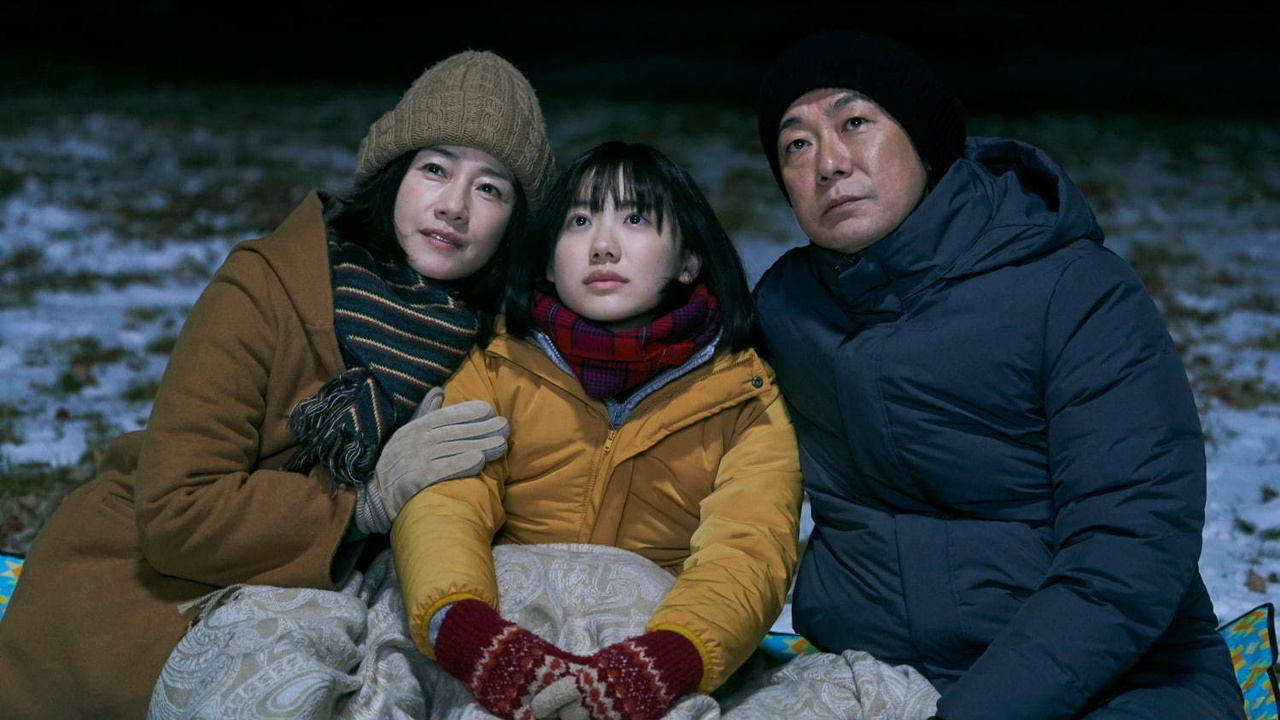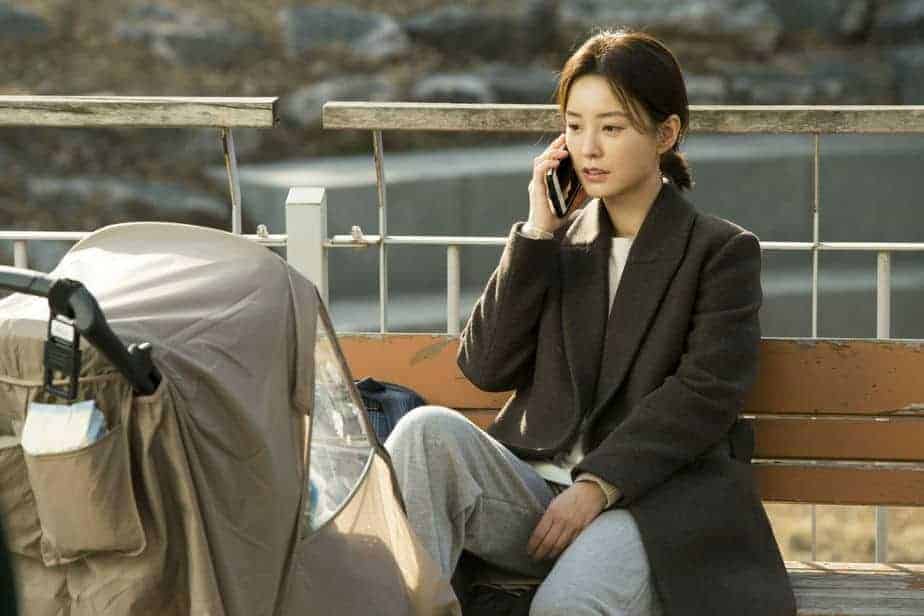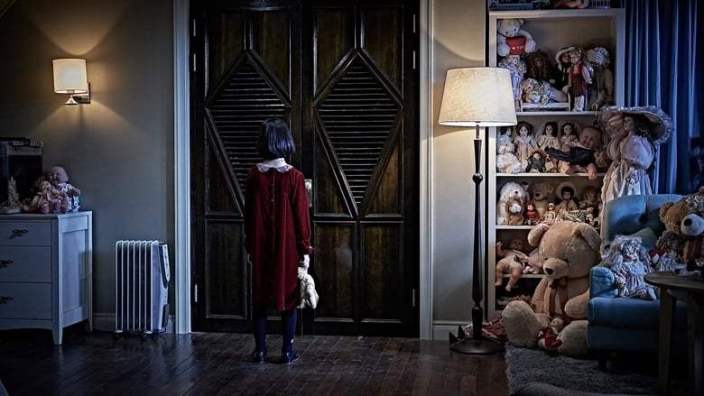Considering the surge of hate crime against Asian Americans following the Covid pandemic, cinema was bound to take a stance regarding the events. Joseph Juhn “rose up to the challenge” with a documentary that takes the 1992 L.A. riots and the concept of anti-Asian hate crimes as its base, but essentially focuses on 5 Asian Korean candidates running for Congress.
“Chosen“ is screening at San Diego Asian Film Festival
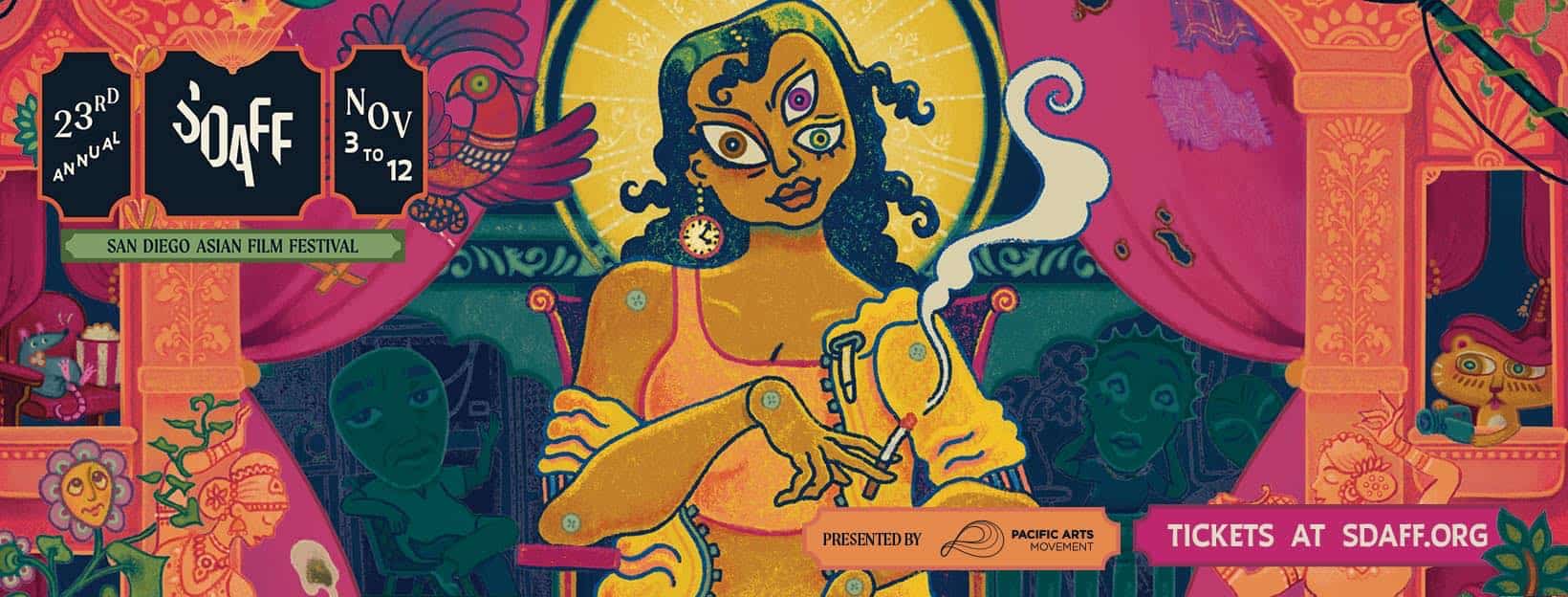
Considering that, prior to 2018, there was only one Korean American ever elected to Congress, the simultaneous running of five is an event in itself, with Juhn highlighting the fact quite eloquently. At the same time, though, apart from the general concept, the focus on the individuals is equally intense. As such, we first meet David Kim, a young progressive LGBTQ candidate in Koreatown, Los Angeles, whose pastor father is a Trump supporter. His relationship with his conservative father and the impact of his coming out ends up in a quite captivating story, which essentially takes center stage in the movie.
Next up is Marilyn Strickland, a Black Korean centrist Democrat in Tacoma, WA, whose mother faced years of stigma in Korea for being a “military bride”, in a story that highlights (as does David Kim's) that racism and prejudice goes both ways, particularly in the case of the previous generation. Young Kim and Michelle Park Steel, popular Trump Republicans in Orange County follow next, while the portraits are concluded by New Jersey Democratic incumbent Andy Kim—who faces an uphill battle, as no Democrat has been reelected in his district since the Civil War.
The combination of the history of Korean Americans in the US, with the recent events as much as the lives of the current generation, along with the portraits of the “protagonists” results in a diversity that is quite appealing, essentially making the documentary quite easy to watch. In that regard, the editing, which combines sequences of the lives and the campaigning of the candidates, interviews and historical videos and photos, emerges as one of the best traits of the movie, also in the way all these elements are combined and interchange with each other. .
On the other hand, there are many moments that the documentary looks like a promotional film for the Korean Americans it focuses on, with the rather polished cinematography also moving towards this particular path, and the occasionally lengthy interviews frequently looking like political speeches with specific aim, instead of an organic element of the narrative.
This however, is essentially a small (and expected considering the capacity of the protagonists) issue and the documentary emerges as a rather appealing collection of stories, that also manages to showcase the issues Asian American still face and the ways they have found to move forward.


